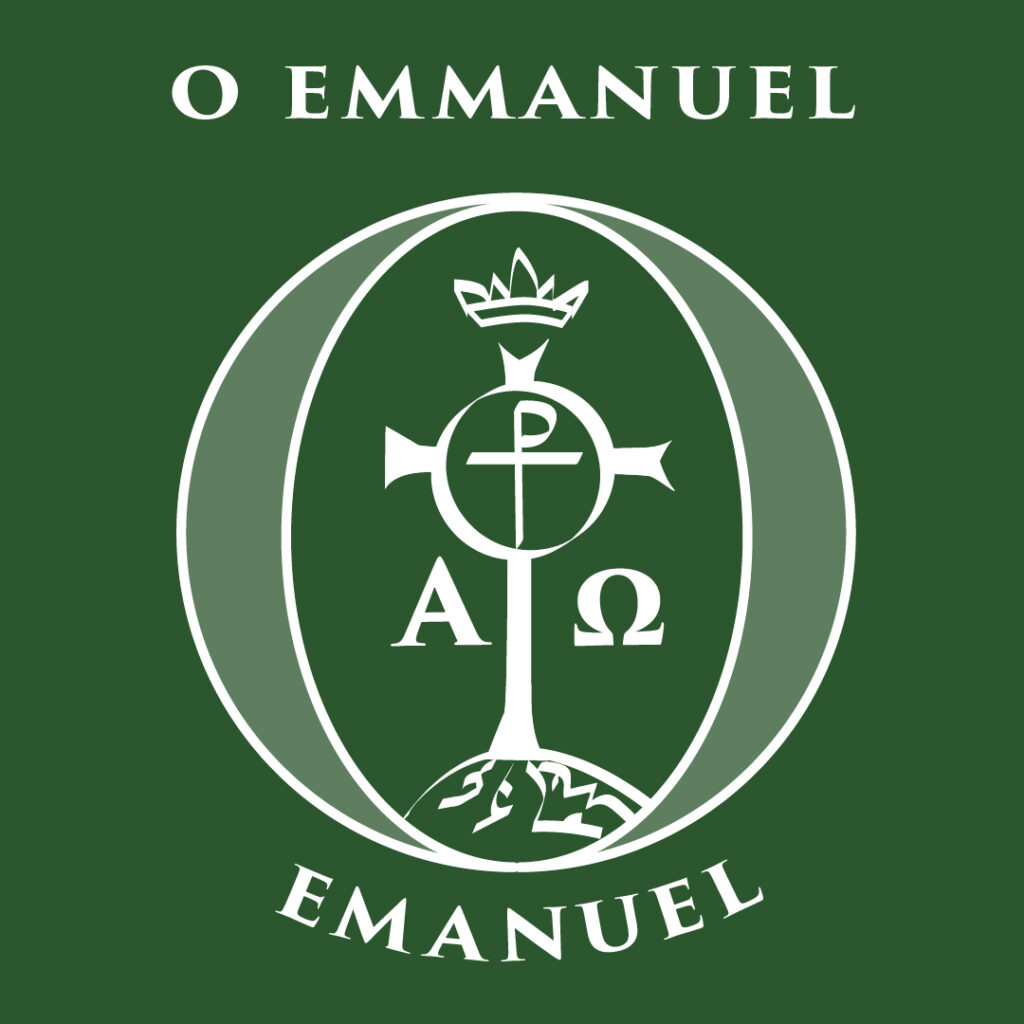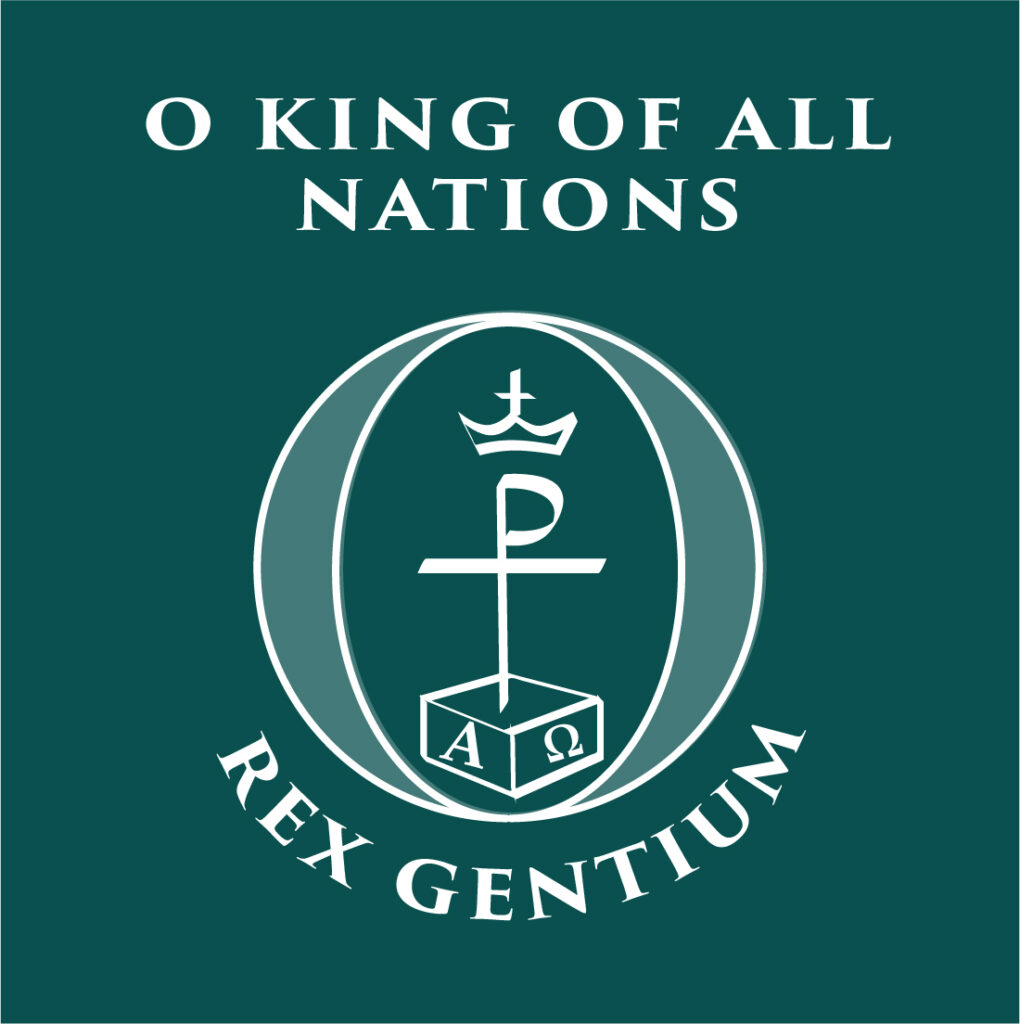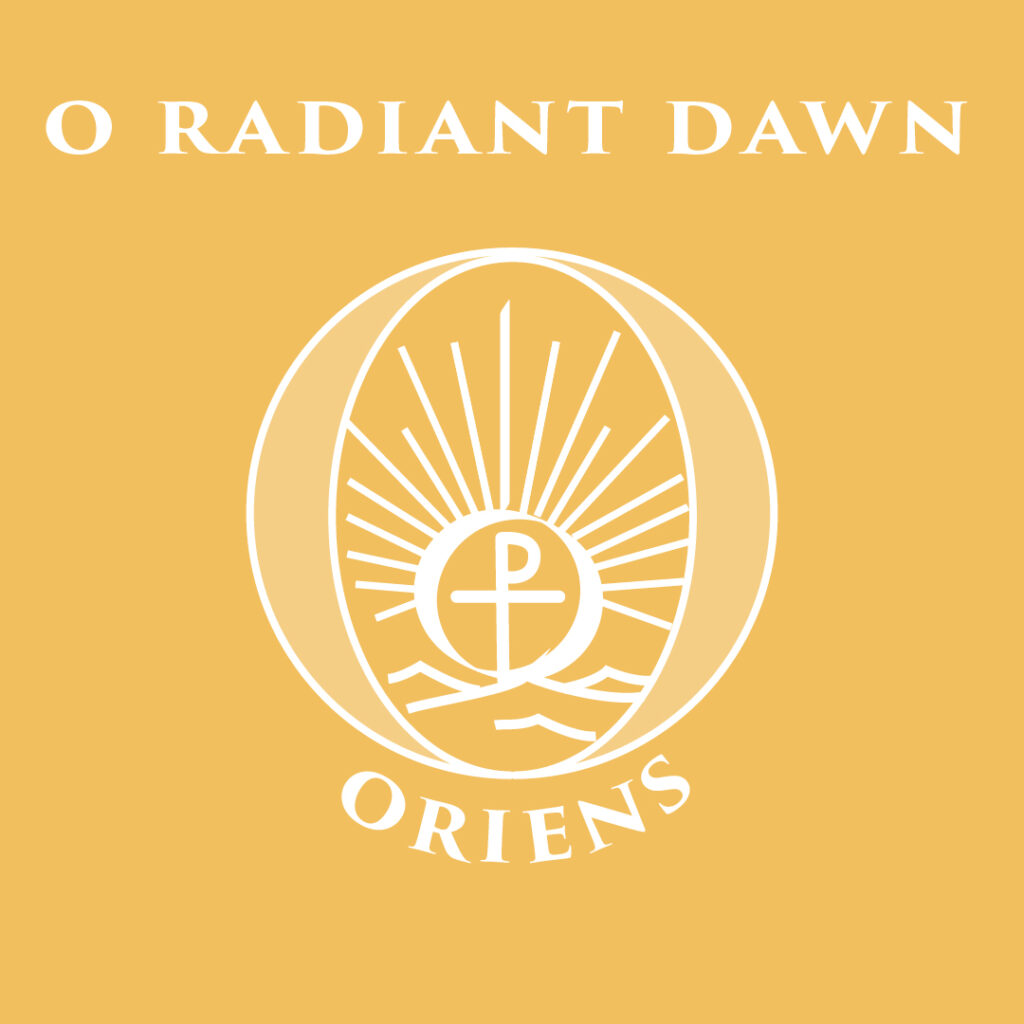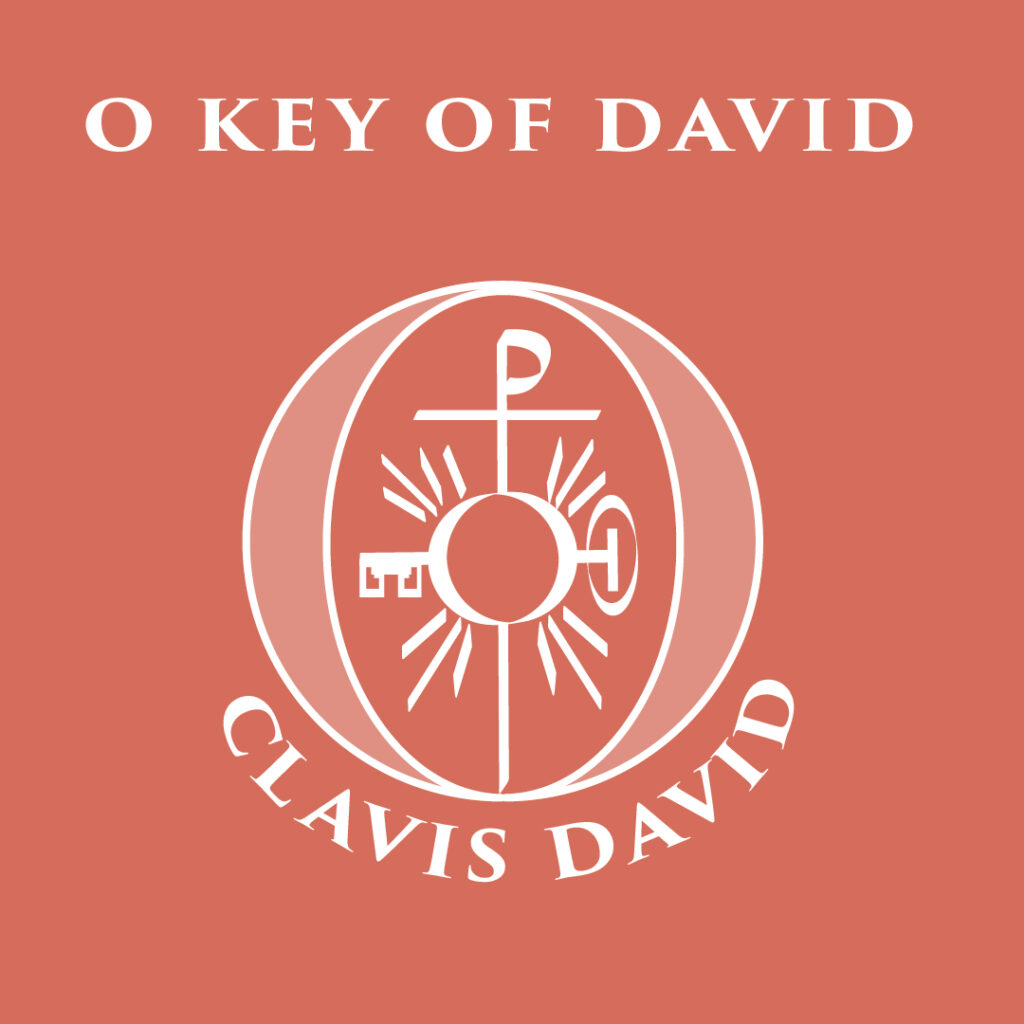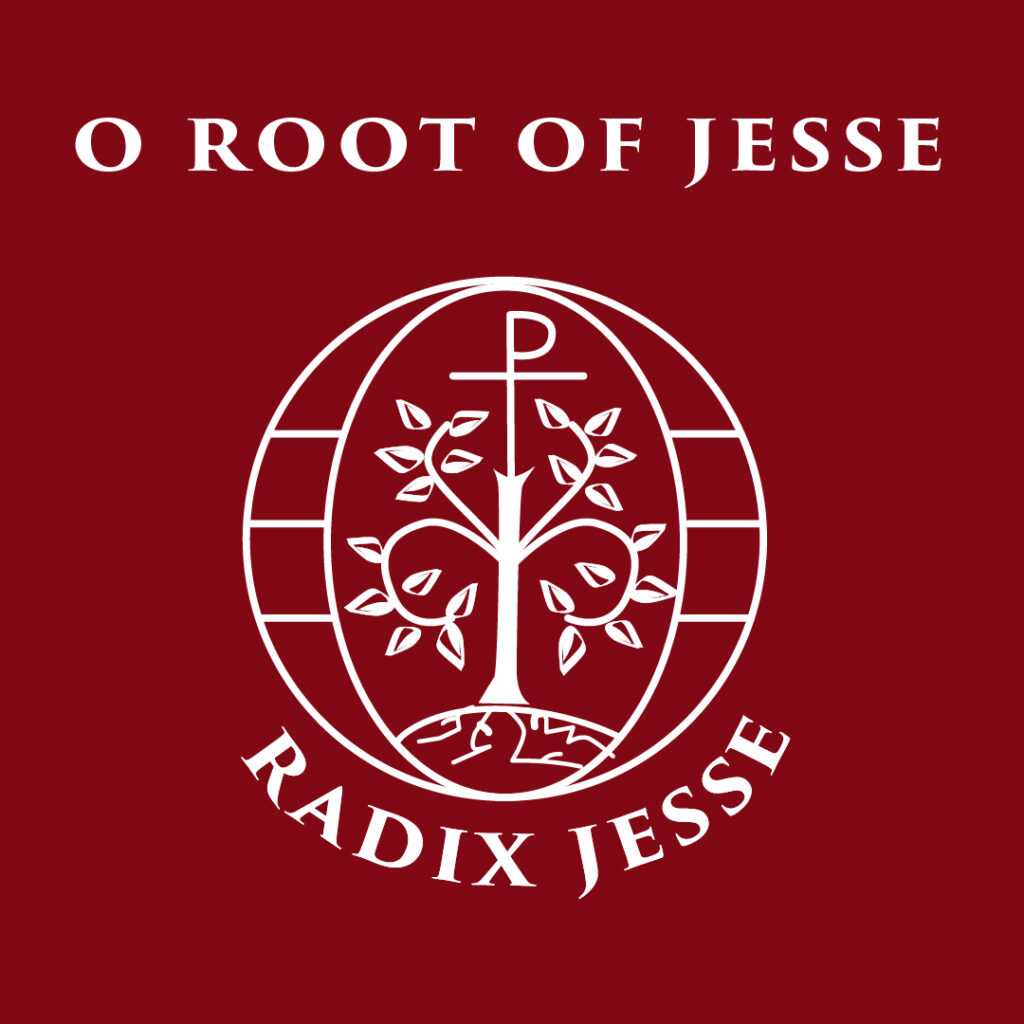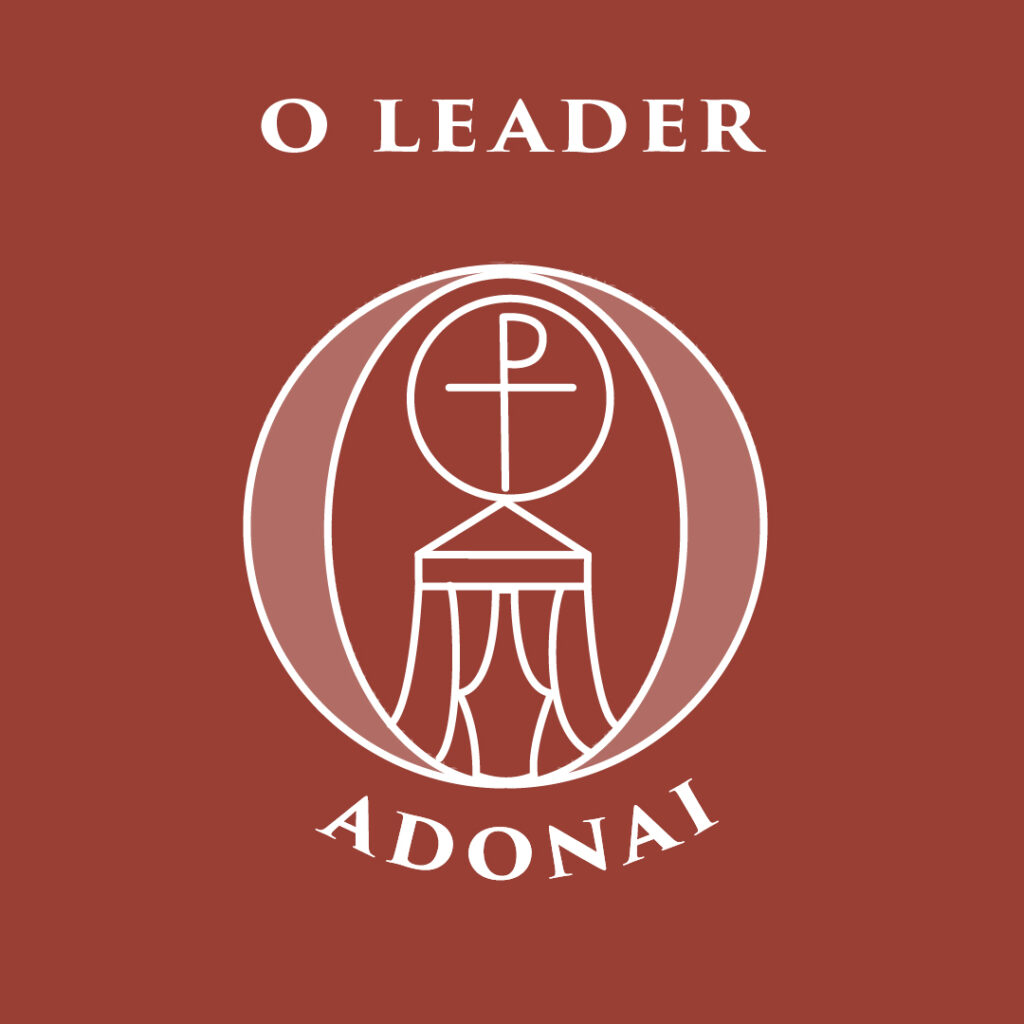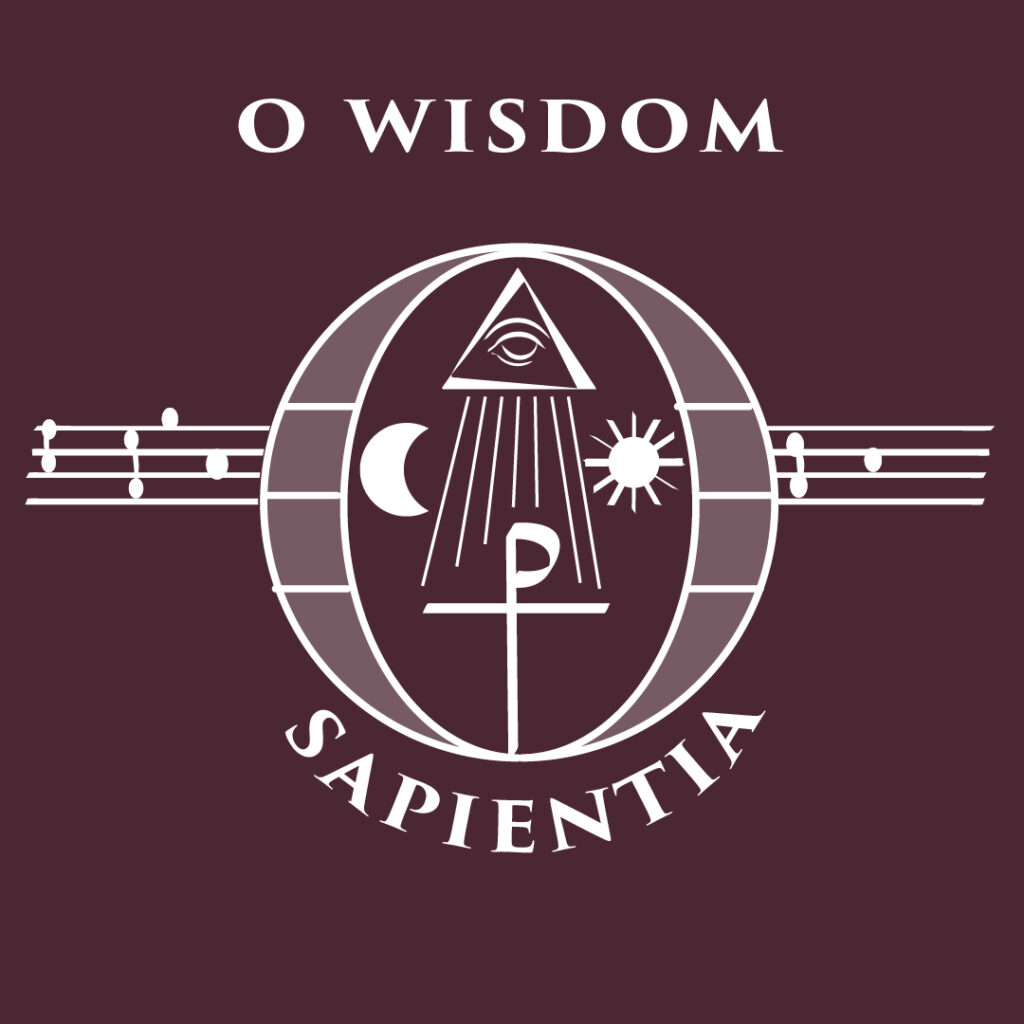Today we come to the end of the O Antiphons – perhaps the one that most people know, thanks to the Advent hymn inspired by it: “O Emmanuel, our King and Giver of Law: come to save us, Lord our God!”
The name ‘Emmanuel’ – meaning ‘with us is God’ – comes from the book of the prophet Isaiah. After Ahaz refuses the invitation of the Lord to ask for a sign to reassure him that God will deliver on His promise, the Isaiah makes this proclamation:
Then he said: Listen, house of David! Is it not enough that you weary human beings? Must you also weary my God? Therefore the Lord himself will give you a sign; the young woman, pregnant and about to bear a son, shall name him Emmanuel.
Isaiah 7:13-14
Ahaz needed reassurance that he and his people would not be torn apart by their enemies. The Lord exhorted him – and through him, his people – to stand firm, to trust in Him. But He spoke not only to Ahaz, but to all mankind. Isn’t it the case that we often need reassurance that we will not be torn apart by the Enemy, from attacks without and within? Who of us hasn’t trembled at the weight of our own sin and the pressure of temptation!
The message given through the prophet Isaiah speak more profoundly in light of this spiritual battle: “Thus says the Lord God: It shall not stand, it shall not be!” God will not permit His beloved children to stand alone.
What is required of us is neither power nor strength, but instead trust. Some two thousand years ago, our heavenly Father sent His Word to us, incarnate in the person of Christ. By the Father’s will, Jesus sent us His Holy Spirit – and assures us that where two or three are gathered in His name, He is there with them. May we confidently call on the Lord, knowing that He has already come, is with us, and will bring us through our present struggles to eternal joy & peace.
And if you’re looking for good version of that eponymous hymn, here is one of my favorite popular renditions of ‘O Come, O Come Emmanuel’:
